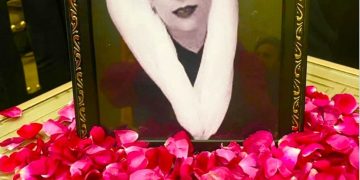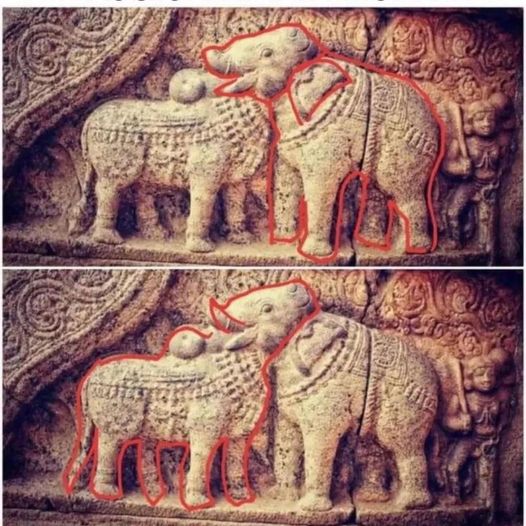- Latest
- Trending
بانگ درا پر فارسی اثرات کا اجمالی جائزہ
May 8, 2025
ایک غلطی کی نشان دہی
May 8, 2025
Finding The Best Online Casino Gambling Apps
May 8, 2025
دنیا کا سب سے قدیم بصری دھوکا Optical Illusion
May 6, 2025
The Exciting World of Online Slot Machine
May 5, 2025







